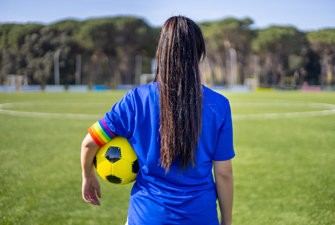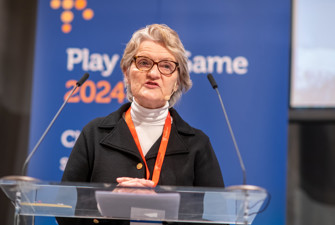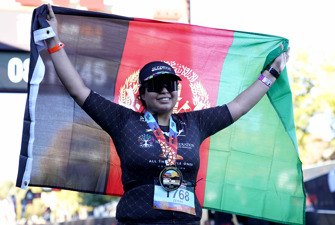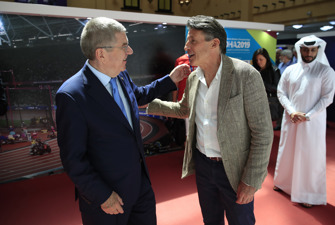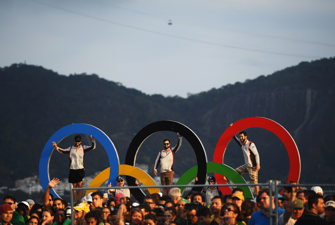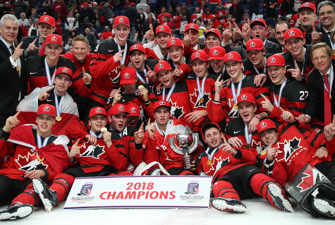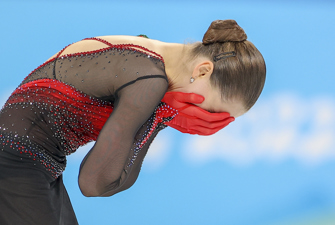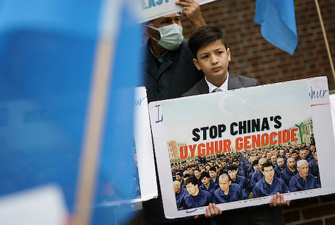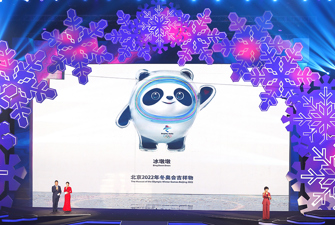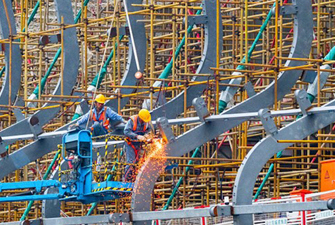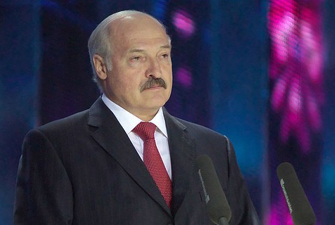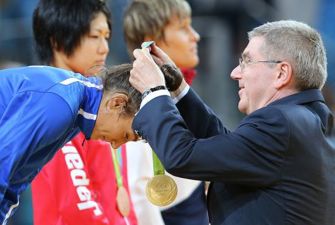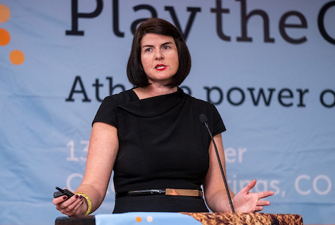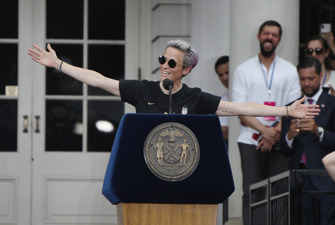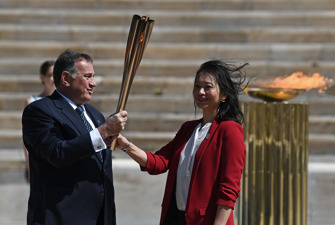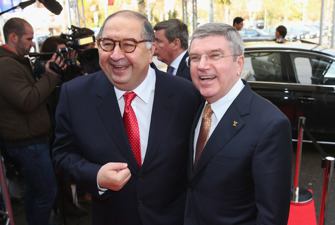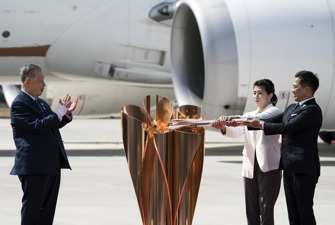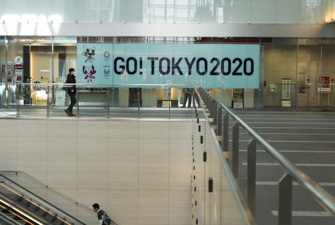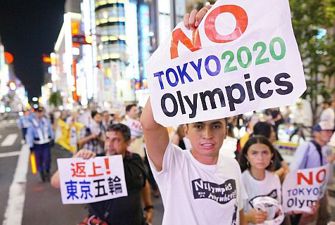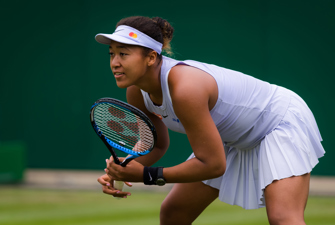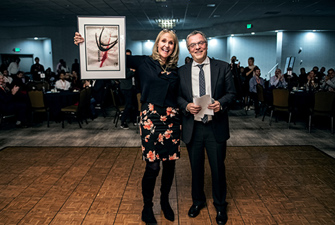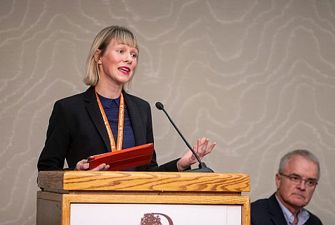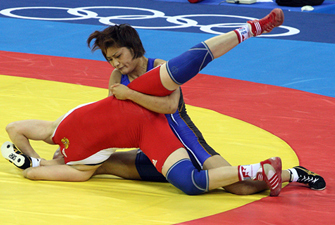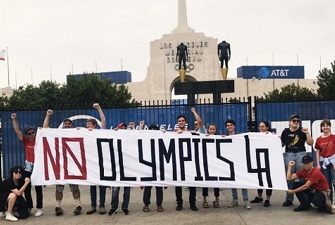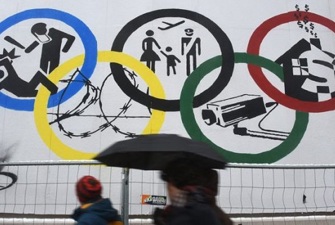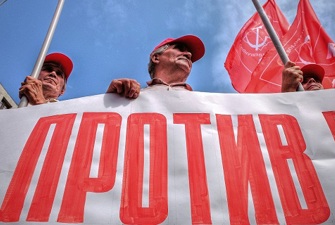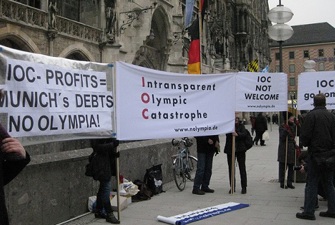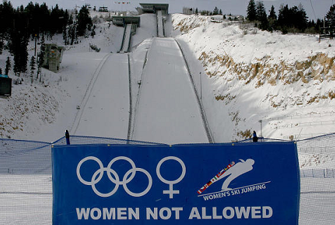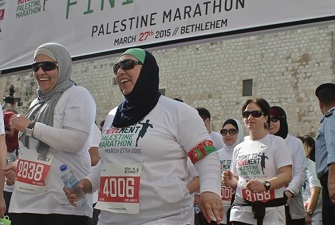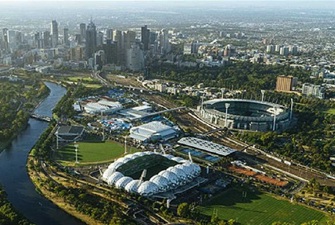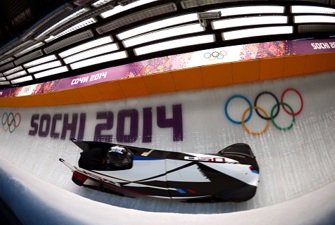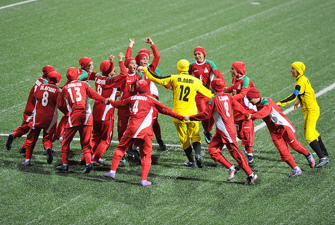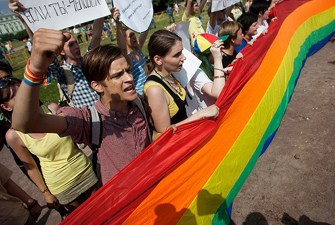The London 2012 Olympics - a gender equality audit
In this report from the Centre for Sport Policy Studies at the University of Toronto, Peter Donnelly and Michele K. Donnelly has analysed gender equality in sport using the case of the 2012 London Olympics. The specific focus of the report is on the athletes and on the gender-based structural and rule differences that still exist on the Olympic programme.
Executive Summary At the Opening Ceremonies of the London 2012 Olympics, IOC President Jacques Rogge claimed that the Games represented “a major boost for gender equality.”
Three milestones were achieved in London: (a) the Games had a higher percentage of women athletes than any previous Summer Olympics; (b) there were women competitors in every sport; and (c) there were no longer any countries preventing women from participating in the Olympics.
As a result of these successes and trends there is a tendency to assume that equality in participation has been, or will shortly be achieved at the Olympic Games.
Major women’s sports organizations have largely shifted their lobbying emphasis from efforts to increase women’s representation in the number of sports and athletes at major games to increasing the number of women in sports leadership.
Despite the striking achievements of 2012, it would be a mistake to assume that equality in leadership is the main issue that remains to be resolved – although increasing equality in leadership would certainly help to resolve some of the persistent issues of gender inequality.
Four key additional and overlapping areas of inequality are still evident: (a) differences in funding and sponsorship between male and female athletes/teams; (b) differences in publicity and media representation for male and female athletes/sports; (c) the re-emergence of sex testing for female athletes; and (d) the specific focus of this Report, gender-based structural and rule differences that still exist in sports at large, and on the Olympic programme.
Given the triumphal tones of some of the commentary on the important gender equality landmarks achieved at the London 2012 Olympics, it seems an appropriate time – in the spirit of “what’s left to do to achieve gender equality at the Olympics?” – to carry out a gender equality audit of the 2012 Olympics.
Our focus is on the basics of the Olympic sports: what differences remain between the ways that men and women athletes are involved in Olympic competitions? In this Research Report, we analyze all of the men’s and women’s events and sports at the London 2012 Olympics for the purpose of identifying gender differences in the structure and rules of the sports/events, and in the opportunities for men and women athletes.
This gender audit permits a comparison between the 26 sports/36 competitions (“disciplines”) and 302 events at the London 2012 Summer Olympics. It enables us to identify all of the remaining differences between men’s and women’s summer Olympic sports.
Such an analysis enables us to see where equality has been achieved, and to consider and debate the remaining gender differences in order to determine whether they are acceptable or legitimate. Specifically, is there an agreed upon reason for maintaining the difference?
The data will also enable debate about whether the remaining gender differences are consistent from sport to sport and event to event. Inconsistency across sports and events may highlight the irrationality or illegitimacy of some remaining differences.
There were 136 women’s events, and 166 men’s events at the London 2012 Olympics.
Of these, 48 events on the programme were gender exclusive (i.e., there were medal opportunities for men but not for women and vice versa): 39 events were open only to men (23.5% of men’s events); and nine events were open only to women (6.6% of women’s events). Together, these exclusive events constituted 15.9% of the Olympic programme.
Just over a third (35.8%) of the events on the London 2012 Olympic programme were equal for men and women in terms of the maximum number of competitors permitted and the rules of competition.
These events constituted 32.5% of men’s events and 39.7% of women’s events. Equestrian remains the one open (to both men and women) sport on the Olympic programme.
The remaining 48.3% of events at the London 2012 Olympics – 44.0% of men’s events and 53.7% of women’s events – stipulated gender differences between the men’s and women’s events in terms of the maximum number of competitors permitted and/or in the rules and structural aspects of competition.
In order to better understand the complex set of differences between men’s and women’s events at the London 2012 Olympics, we divided them into five categories: Fewer women competitors in a sport/event; Men race further than women in comparable events; Different weight categories for men and women; Differences in height, weight, size and spacing of equipment or venue; and Other differences.
The majority of these 146 summer Olympic events appear in more than one category of difference.
A total of 10,903 athletes competed in the 302 medal events – 6,068 men and 4,835 women.
As a result of 30 more medal events for men (10% of all medal events), and a lower quota for women competitors in 11 (of the 26) sports, there were 1,233 more men than women competing in London.
The data in this Report show that there is still some way to go to achieve gender equality, and our recommendations deal primarily with the main concerns: equalizing the number of medal events for men and women, and establishing near equivalence in the number of women and men competitors.
However, we are concerned that attempts to control Olympic ‘gigantism’ are being linked to efforts to increase gender equality in a way that pits men and women against each other – reducing the number of men’s events in order to increase the number of women’s events.
It should be remembered that men and women athletes are not the one’s responsible for ‘gigantism’ or for gender inequality at the Olympics, and should not be the ones to suffer through resolving one problem by creating another. If achieving gender equality means increasing the size of the Olympic Programme, at least temporarily, so be it.
Our priority recommendations are:
- Equalize the number of events/medals available to men and women; and
- Establish near equivalence in the number of men and women who are permitted to compete at the Olympic Games, and in specific Olympic sports/events.
It is no longer justifiable to maintain an Olympic Programme where there are 30 more events for men than for women. It is not necessary to add or establish the same (equal/ identical) events for women and men; however, it is necessary to add equitable (similar) events and to achieve the same number of events (opportunities for medals) for women and men.
Following the celebration associated with women’s involvement in all sports for the first time at the London 2012 Olympics, it is now time for those sports to more equitably represent men and women competitors.
We call upon the IOC to realize full gender equality, as outlined in these priority recommendations, by the earliest opportunity. Since no contracts are yet in place for the 2020 Olympics, 2020 should be the goal for achieving full gender equality. In order to resolve the remaining questions of equality, a pan-Olympic movement process will be necessary, on the same order as the process that harmonized anti-doping rules and procedures.
The IOC recently showed that it is capable of exerting powerful diplomatic pressure in the face of intransigence – in the case of Brunei, Qatar, and particularly Saudi Arabia’s reluctance to include women on their 2012 Olympic teams. Perhaps similar endeavours are necessary to persuade the remaining IFs to establish gender equality in their sports.
Additional recommendations concern the structure and rules of events.
Expert panels should be established, including representatives of the relevant IFs, the IOC, sport medicine and sport science communities, and athletes and former athletes from the sports, to: a) consider the remaining differences in distance over which men and women compete in races; b) review weight categories; c) evaluate the rules established to determine the height and weight of equipment, and other remaining gender based characteristics relating to the size of equipment and playing areas; d) examine the remaining differences in rules and structure of competition between men’s and women’s Olympic sports in order to determine whether they are still relevant; and e) in all cases, establish consistency within and between sports.
The IOC has continually demonstrated its capacity to bring panels of relevant persons together to determine best practices and advise on policy matters.
In the spirit of achieving fairness and gender equality, we urge the IOC to proceed as a matter of urgency to strike panels in the areas of inequality identified here, and to urge the IFs to make any changes based on the panels’ recommendations.
This Research Report applauds the IOC for its achievements toward gender equality, particularly in the last 20 years. However, there is still some distance to go before equality is realized in the basic aspects of participation that are the subject of the Report.
Our recommendations are directed primarily to the IOC for a very specific reason: we recognize that the IOC is the most responsible body to take the lead in achieving gender equality in participation.
The IOC controls access to the Olympic Games and, by its recent actions, has shown that it recognizes gender inequality is no longer acceptable in the Olympic Games in the second decade of the 21st century.
Finally, this Report focuses on the basics of equality in participation and competition – rather than on broader issues of funding and sponsorship, publicity and media representation, leadership, and the troubling issue of gender verification. We argue that those other concerns may be easier to resolve once there is a basic fairness in terms of participation and competition.
We see this Report as a way to start the discussion of why gender differences were introduced in sports in the first place, what differences remain, how those differences compare across sports, why they remain, and how they may be resolved. In addition, we argue that it is crucial for athletes and former athletes to be involved in these discussions – they are the only experts who really matter.
Peter Donnelly is Director of Centre for Sport Policy Studies, University of Toronto and Michele K. Donnelly is a SSHRC Postdoctoral Fellow and USC Postdoctoral Fellow, Department of Sociology, University of Southern California





